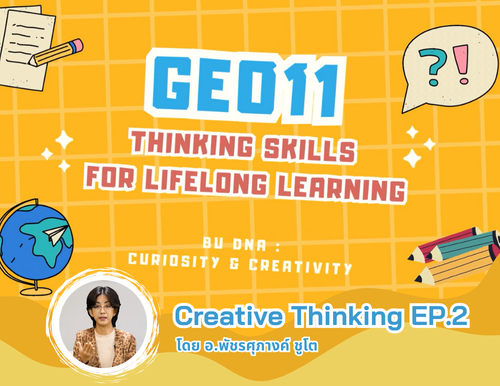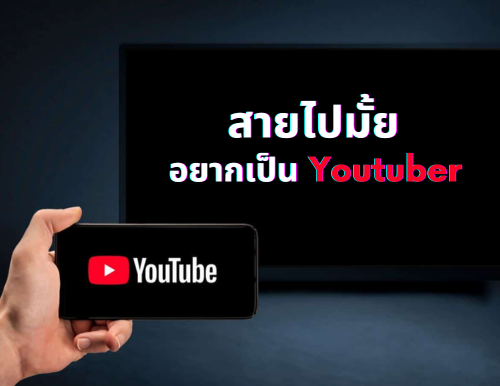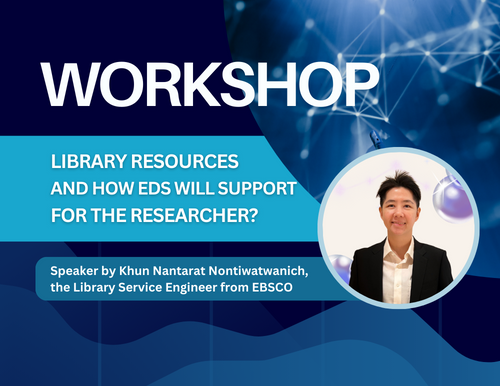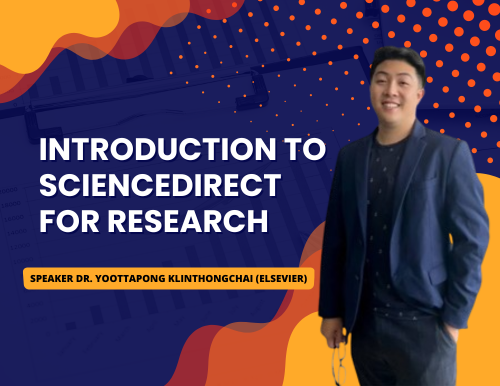The EBSCO database involves searching and accessing high-quality academic articles and research. The steps include targeted searching, reading, downloading, and saving desired articles in the system. Filters and advanced search functions help narrow down results to better match specific needs.
ความคิดสร้างสรรค์ Creative Thinking ความสามารถในการคิดริเริ่มสิ่งแปลกใหม่ คิดอย่างกว้างไกล คิดได้หลายทิศทาง มีความคิดที่หลุดออกจากกรอบเดิม ๆ และมองเห็นความเชื่อมโยงกันของวัตถุรอบตัว ทำให้สามารถแก้ปัญหายุ่งยากที่พบเจอในชีวิตประจำวันให้หมดไป โดย อ.พัชรศุภางค์ ชูโต
การบรรยายเกี่ยวกับการทำอาชีพ Youtuber ให้ประสบความสำเร็จ และให้เข้ากับไลฟ์สไตล์ของคนยุคใหม่กับเจ้าของเพจ Kaykai Salaider และเจ้าของเพจ Dek Jew Chill out
Lao economy, Lao job market & labor law, AEC and labor mobility, demand for talents, get yourself ready and about 108JOB By Keovisouk Dalasane
Lao economy, Lao job market & labor law, AEC and labor mobility, demand for talents, get yourself ready and about 108JOB By Keovisouk Dalasane
Lao economy, Lao job market & labor law, AEC and labor mobility, demand for talents, get yourself ready and about 108JOB By Keovisouk Dalasane
This workshop covers advanced searching and the more sophisticated of databases in the EBSCOhost platform. Library Resources, What is EDS and how it works?, Techniques in “Feature & Setting”, How EDS support the researcher. By Nantarat Nontiwatwanich on January 20, 2024
Brexit has significant political, economic, and social implications for both the UK and the EU, as it involves the renegotiation of various agreements, such as trade, immigration, and security. By Prof. Dr. Holger Paschedag from Aschaffenburg University of Applied Sciences (UAS)
This is a method for researching information related to the ScienceDirect database, which covers research in fields such as business management, accounting, computer science, scientific decision-making, economics and finance, engineering, psychology, and social sciences. on December 9, 2023
Lecture ICA675 Corporate Communication Policy
By Dr.Somchat Visitchaichan
Lecture Date:
Sunday 16 February 2020
1.00 p.m. - 6.30 p.m.
There are 3 parts.







